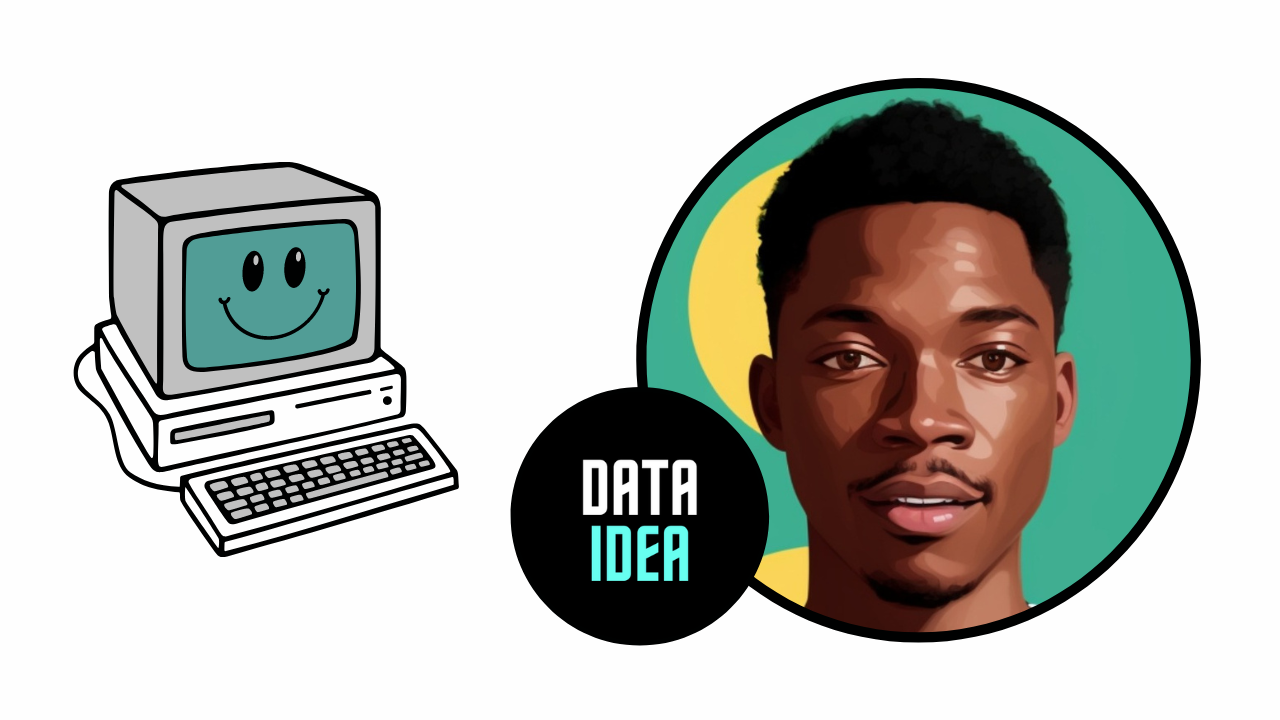
Operating systems are the backbone of modern computing, providing the fundamental software foundation for computers, smartphones, servers, and more. Here’s a comprehensive overview of five prominent operating systems that have made significant impacts in various domains.
| Name | Supported Architecture | Supported Platforms | Official Website |
|---|---|---|---|
| Windows | x86, x64, ARM | PC, Server, IoT, etc. | Microsoft Windows |
| macOS | x86, ARM | Mac Computers | Apple macOS |
| Linux | x86, ARM, PowerPC, etc. | Various | Linux Foundation |
| Android | ARM | Mobile, Tablets, IoT | Android |
| iOS/iPadOS | ARM | iPhone, iPad, iPod | Apple iOS/iPadOS |
Windows
Overview
Developed by Microsoft, Windows is one of the most widely used operating systems across PCs, servers, and embedded systems. Known for its user-friendly interface and extensive software compatibility, Windows offers a variety of versions tailored for different devices and use cases.
Features
- GUI: Graphical User Interface for intuitive navigation.
- Compatibility: Broad support for software and hardware.
- Security: Regular updates and security features.
macOS
Overview
Exclusive to Apple’s hardware, macOS offers a sleek and intuitive user experience. It is known for its stability, design aesthetics, and seamless integration with other Apple devices and services.
Features
- Integration: Seamless integration with other Apple devices.
- Performance: Optimized for Mac hardware.
- Security: Built-in encryption and privacy features.
Linux
Overview
Linux is an open-source operating system available in various distributions (distros), catering to diverse user needs. Its flexibility, stability, and robustness have made it a favorite among developers, server administrators, and tech enthusiasts.
Features
- Open Source: Community-driven development and customization.
- Variety: Diverse distributions catering to different needs.
- Stability: Known for reliability and performance.
Android
Overview
Developed by Google, Android is the leading operating system for mobile devices globally. Its open-source nature, customizable interface, and extensive app ecosystem have made it a dominant force in the mobile market.
Features
- Customization: Ability to personalize interface and features.
- App Ecosystem: Extensive library of applications.
- Integration: Seamless integration with Google services.
iOS/iPadOS
Overview
Exclusive to Apple’s mobile devices, iOS and iPadOS are renowned for their smooth performance, security features, and seamless integration within the Apple ecosystem.
Features
- Performance: Smooth and efficient operation on Apple devices.
- Security: Robust security measures and privacy controls.
- Ecosystem Integration: Seamless integration with other Apple devices.
In conclusion, these operating systems showcase diversity in terms of architecture, platform support, and features, catering to the varied needs of users across different devices and industries.
To be among the first to hear about future updates of the course materials, simply enter your email below, follow us on (formally Twitter), or subscribe to our YouTube channel.